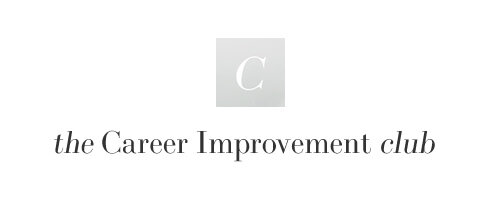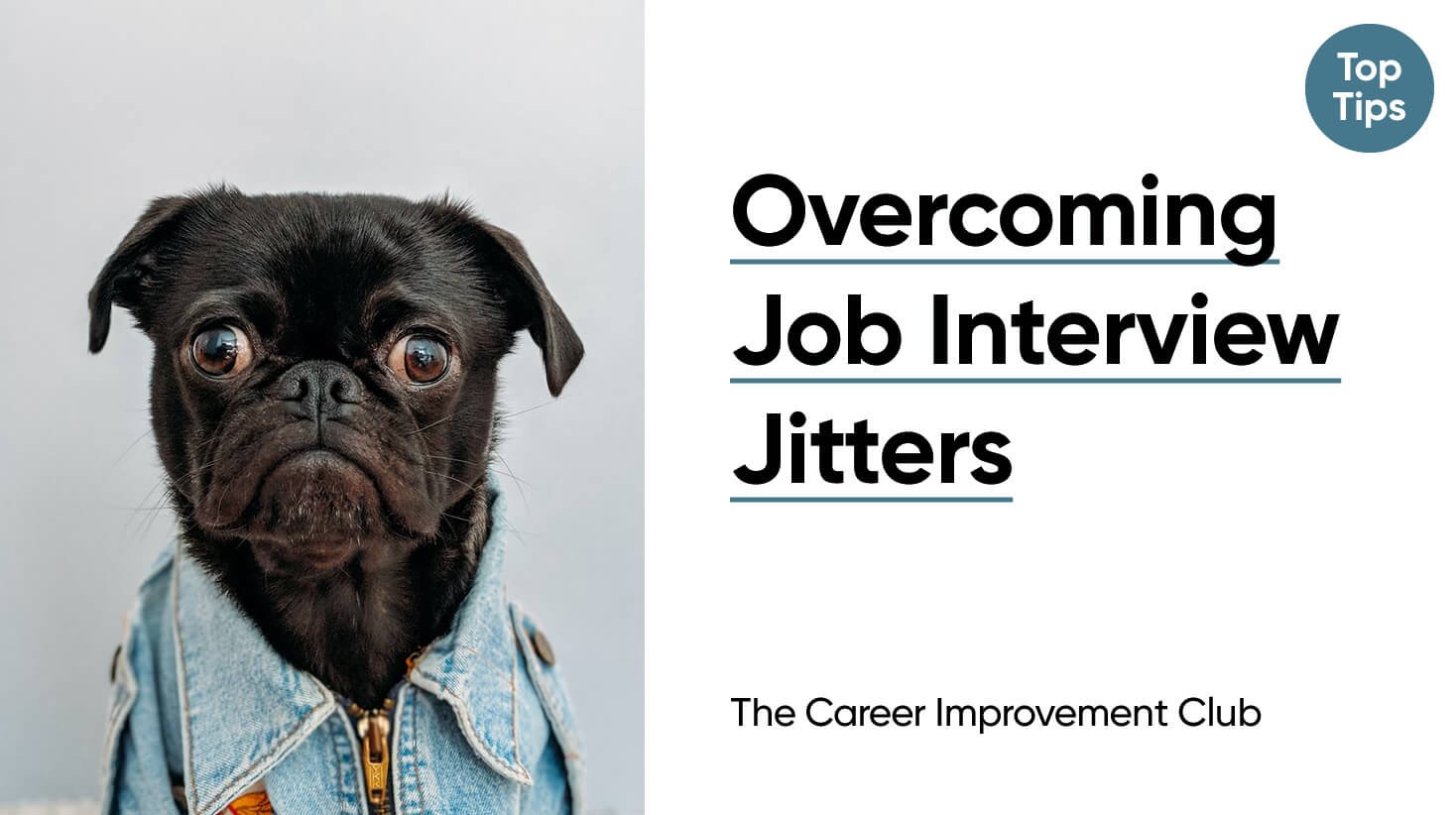Job interviews can be nerve-wracking experiences. The stakes are high, and being evaluated by a stranger can be daunting. However, with the right preparation and mindset, you can overcome your jitters and ace your next interview. In this post, we'll share six top tips to help you stay calm, focused, and confident during your interview.
1. DO YOUR RESEARCH
Research shows that you should spend roughly twice the amount of time researching your interview than actually attending it (that's about 2-3 hours). One of the big reasons you're nervous before an interview is the fear of stepping into the unknown, in-depth interview preparation is a great way to build confidence and gain insight.
Ask for a job specification (this is different from a job advert), it will give you more in-depth insight into the role, and what skills are required. Read it over and over and over;
Become a digital stalker… visit company websites as well as social media profiles. Instagram and Facebook are good for understanding company culture, Twitter for general news and chat and LinkedIn for corporate structure and team bios.
Don’t overlook the basics, get to the interview with plenty of time, check for travel disruptions, print out a high quality copy of your CV and prepare your outfit in advance (in case dry cleaning needed).
2. SLOW DOWN, LISTEN AND BE IN CONTROL
The start of an interview is when nerves tend to hit their peak. Be sure to take breaths, remain calm and consider each question carefully before answering. The early questioning stage of an interview is generally the hardest and most stressful, but relax, as things go on you should start to get into the swing of things and even start to enjoy it.
The key is to remain calm, take a few seconds to contemplate each question before answering (don’t spurt out answers!), and don’t be afraid to ask interviewers to repeat questions or clarify what they mean.
If you are the fidgety type, then a useful way to stem that nervous energy is to hold a pen and jot down notes. Not only will this make you look professional, but it will act as a distraction from the interview and give you time to collect your thoughts.
3. SILENCE THAT LITTLE VOICE IN YOUR HEAD
We’ve all got a little person that sites on our shoulder telling us we’re not good enough. Channel energy before your interview to silence them.
There are a few simple steps you can take that can make a real difference, start by curating an upbeat and positive music playlist to help you feel more confident and motivated. Additionally, give yourself a pep talk to silence any negative self-talk, such as "I'm not good enough." Remind yourself of your strengths and accomplishments, and remember that the employer invited you for an interview because they see potential in you.
It's important to remember that job interviews aren't as scary as they may seem. Essentially, it's just a conversation between two groups of people who are discussing topics that they are familiar with. So try to relax and not worry too much, as the worst outcome is not getting a job you didn't have in the first place. By staying positive and confident, you'll be more likely to perform well in the interview and present yourself in the best possible light.
It is also important to remember that
4. PRACTICE MAKES PERFECT
One of the most effective ways to overcome interview nerves is to practice. By practising it helps you to become more comfortable with the interview process and will also inspire confidence in your own abilities (we are rarely as bad as we think we are).
Try answering tough interview questions out loud in front of a mirror or rehearsing your responses to more common interview questions in front of a friend or family member. Practicing in-front of kids will also provide a whole new (and honest) perspective which can also be fun.
Another technique is to record yourself answering interview questions and then review the footage to see where you need to improve. You can even share the recording with friends and family for feedback, which can help you identify areas for improvement and clarify your answers. Past and present versions of your recordings can be watched side-by-side so you can physically see the difference and improvements.
Recording yourself can also help you assess your body language, such as your posture, eye contact, or tone of voice. However, it's important not to appear too robotic when practicing for interviews. Instead of memorising responses word for word, focus on understanding the key points you want to make and communicate them in a clear and concise manner. This will help you to be more authentic in your responses and come across as more confident and self-assured.
Research, Preparation and Practice will help you climb to the top of the Interview Confidence Pyramid where the job offers live.
5. SHOW THAT YOU ARE INTERESTED
Employers want to see that you're genuinely interested in the job and the company, not just looking for any job that comes your way.
One way to demonstrate your interest is by asking insightful questions about the company's culture, vision, and goals. This shows that you've done your research and that you're truly interested in the company. You could ask about the company's mission statement, values, and how they align with your own. You could also ask about the company's goals and how the role you're interviewing for fits into those goals.
Researching the company's recent news and industry trends is another great way to show your interest and knowledge. You can use this information to show how you could contribute to the company's growth. For example, if the company just launched a new product, you could mention how your skills and experience could be useful in marketing and promoting that product.
By demonstrating your interest in the company and the role, you'll not only show your enthusiasm for the job, but you'll also feel more confident and engaged during the interview. When you're genuinely interested in something, you're more likely to be passionate and excited about it, which will come across in your interview. This can help you stand out from other candidates and increase your chances of landing the job.
6. STAY POSITIVE
Negative self-talk can be a major barrier to success in any aspect of life, including job interviews.
If you’ve unexpectedly found yourself looking for work or have been looking for a little while it’s not uncommon to struggle with self-doubt and negative thoughts leading up to a potential life changing interview, these thoughts can have a significant impact on your performance during the interview!
It's important to remember that you have been invited to an interview because the employer sees potential in you.
One way to combat negative self-talk is to focus on your strengths. Producing a Career Development Plan can be a really helpful exercise that gets you to think about your accomplishments and what makes you a strong candidate. It will help you to uncover relevant experience, unique skills, or a strong work ethic.
Remind yourself of these strengths and think about how they relate to the job you're interviewing for!
It can also be helpful to reframe negative thoughts in a more positive light. For example, instead of thinking "I'm not good enough for this job," try reframing it as "I may not have all the qualifications, but I have valuable experience in X, Y, and Z that will be an asset to the company." By focusing on the positive aspects of your candidacy, you can help to shift your mindset from one of self-doubt to one of confidence.
Finally, it's important to remember that the interview is an opportunity to learn about the company and the job as well as for the employer to learn about you. By approaching the interview with a positive and curious mindset, you'll be better able to engage with the interviewer and ask insightful questions. This can help to build rapport and demonstrate your interest in the company and the role, which can in turn boost your confidence and help you to perform better during the interview.
Methods to reinforce positivity before a job interview:
VISUALISATION: Imagine yourself at the interview being successful. This method of forward projecting can re-inforce confidence and positivity.
AFFIRMATION: Counteract any negative self-talk with phrases like "I am confident" "I am capable" and "I am prepared" to affirm positivity and confidence.
GET PHYSICAL: Activity can help to reduce stress and anxiety, consider going for a run, doing yoga, or taking a walk before your interview to help you feel more relaxed and focused.
BE THANKFUL: Take a moment to show gratitude for all the good things in your life. This can help you shift your mindset away from negative thoughts and emotions.
SURROUND YOURSELF WITH POSITIVITY: Positivity is infectious, surround yourself with positive people and things. Create an atmosphere and environment that boosts your mood and mindset.
Further reading on Interview Preparation can be found here:
Latest Revision: 12/04/2023




